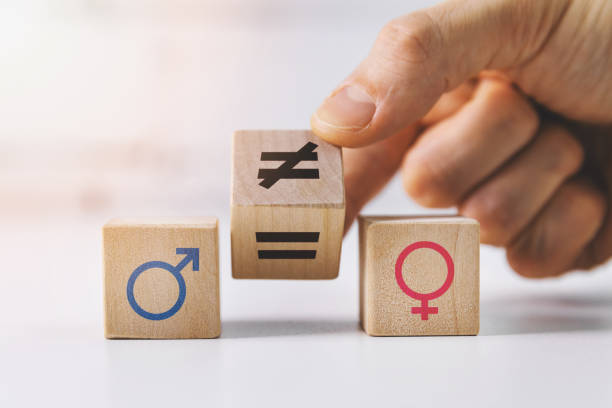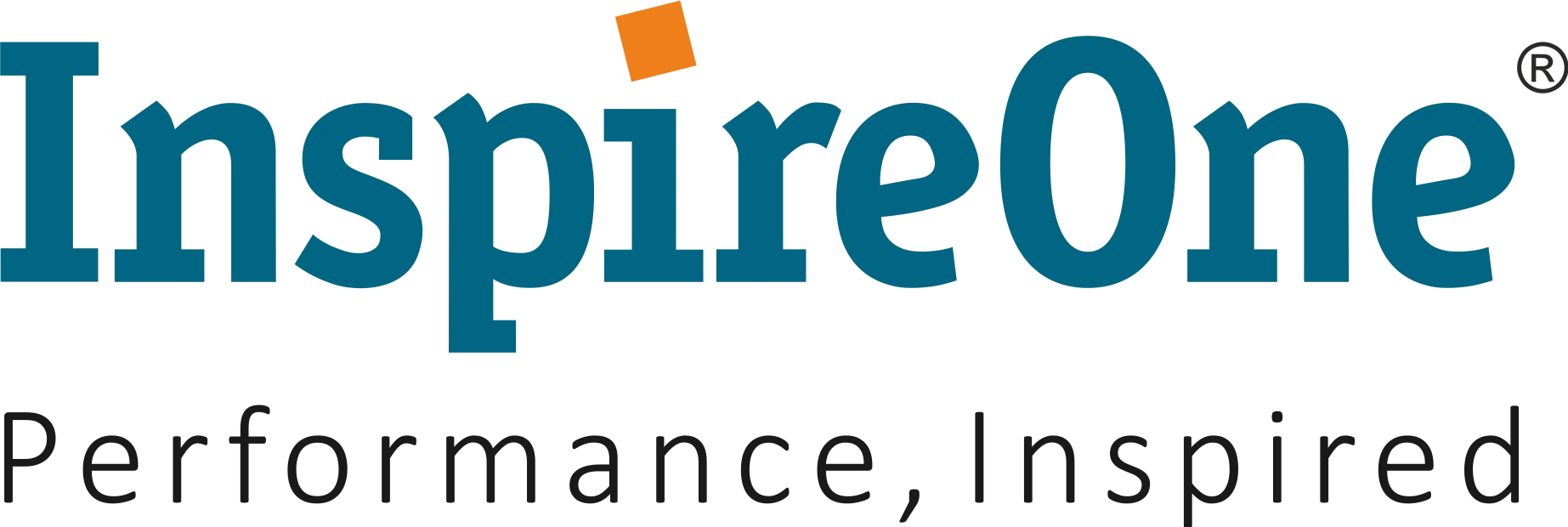
gender equality and discrimination concept – hand putting wooden blocks with symbols
Zara, an HR professional, on becoming a mother had to take two years off from work. This year she was getting ready to get back to work after having selected a good day care centre for her little girl. The pandemic hit and the day care centre was no longer an option. She was suddenly faced with a new set of challenges – work, and full-time baby care at the same time.
Surekha, an IT professional and a mother of 2 had a support infrastructure in place for the children and the smooth running of her home. The Pandemic hit and she was happy that she would now have an option of working from home. But as much as she relished being closer to her family, she found herself working in simultaneous double shifts – managing work and her home.
Vishal, Nishant, Gaurav, present at home as equal partners and parents, while also fulfilling their professional accountabilities. Had worked out a system with their spouses where one would pitch in more at home when the other had an intensive period at work. The Pandemic hit, they went through the challenge of having the kids at home all the time, having to balance home and work at the same time. No time boundaries.
Anirudh, Vikrant and Himanshu, high achievers, highly focused on the profession, the reason for which they were “not able” to focus on the home front. The pandemic hit, work from home was the only way to work. They then felt the frustration of working amidst the routine of the children, keeping them gainfully engaged and home chores. Hesitatingly had to involve themselves with the hitherto, “not my job” areas.
The fact also is that the Pandemic has had a higher toll on women. In terms of having to give up their careers since that is the socially expected norm. In terms of their having to take on more home responsibility along with their work, since some spouses thought it was not “their job” to also partner at the home front.
And let us not forget that globally, 70 percent of frontline health workers and first responders are women, facing the direct brunt of the pandemic despite a salary disparity.
Clearly, the pandemic has had an unprecedented impact on the lives of people, mostly undesirable impact.
But if we look closely, within these stories we may find an opportunity to authentically bring to life gender inclusion, which hitherto has at best got a lot of noise space and tick in the box focus for most organisations.
We can hope that the pandemic has built in one gender, a greater appreciation for the challenges that their spouses and colleagues face as a way of life, with or without the pandemic.
We can now dare to hope that even men who thought that women had it easy – because of some minor allowances like maternity leave or not having to do tough sales territories etc. – would also have had a change of view.
We can also hope therefore that the gender inclusion policies will be authentically focused and willingly accepted by all.
The question therefore is whether organisations will now move these realisations to an institutional policy level?
If there was ever a time that these would be acceptable to most stakeholders, it is now.
In fact, genuine inclusion efforts would contribute to building hope and a positive wave in organisations, which are grappling with the immense negative impact of the Pandemic.
Organisations need to focus with a of urgency and learn to be more hopeful about circumstances. Can an optimistic bent of mind help individuals take the charge back and become more resilient themselves and more compassionate about the struggles of their spouses and colleagues?
Hope & optimism can be powerful tools that allow us to see possibilities even in the darkest of hours. The ultimate factor in determining a successful outcome is where we focus our efforts. Looking towards possibilities can shift our thoughts in seeing our abilities and talents as malleable traits that can improve with effort and thus change our conditions, argues Dan Tomasulo, an American psychologist in his book Learned Hopefulness.
Imagine the multiplier impact if that hope and optimism can be built for the women workforce.
Inclusion does not mean special policies for women (which have always had the danger of the boomerang “quota” reaction from men).
Inclusion means having similar and equitable work policies and compensation for men and women. All other things being equal, men and women should have a level playing field with the same expectations and compensations. Eg, Flexible working policies which are the same for both men and women, parenting policies which are the same for men and women, growth opportunities that are purely merit based and not because men “do not get to have career breaks” and women “must take career breaks”.
As the world continues to explore solutions to manage disruption outside, we, at InspireOne, are encouraging leaders to look inwards and seek opportunities that the Pandemic has provided to build hope and resilience through leadership behaviours and people policies. Building on our decades of work in designing journeys for self-exploration and development and working with men and women leaders across industries, we have anchored our solutions in hope, optimism, and resilience.







